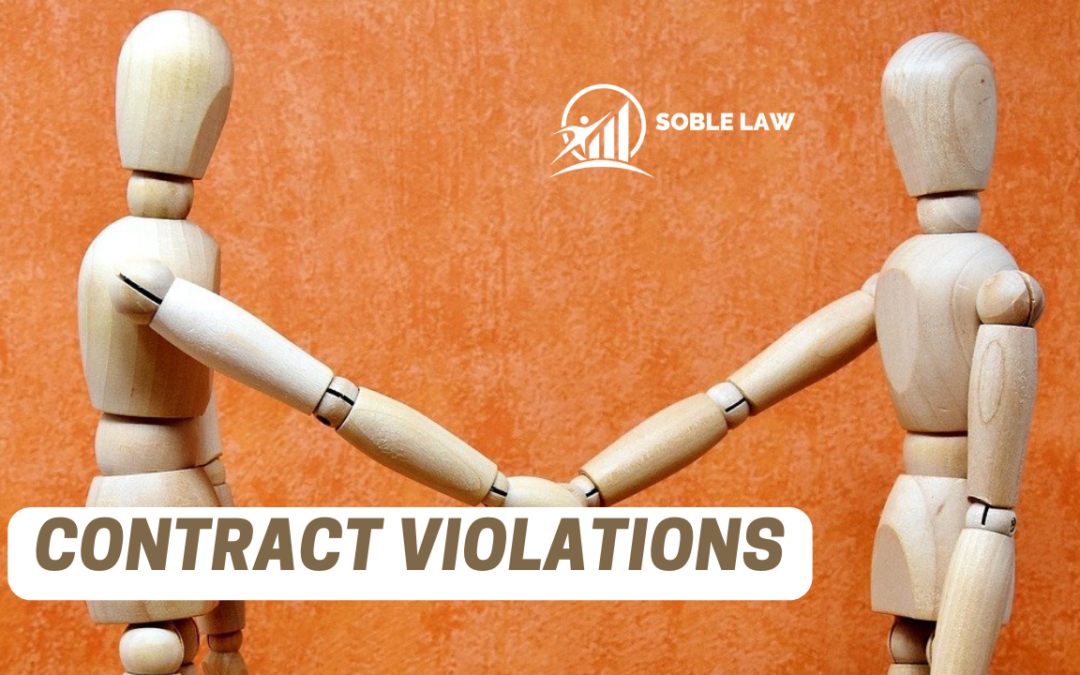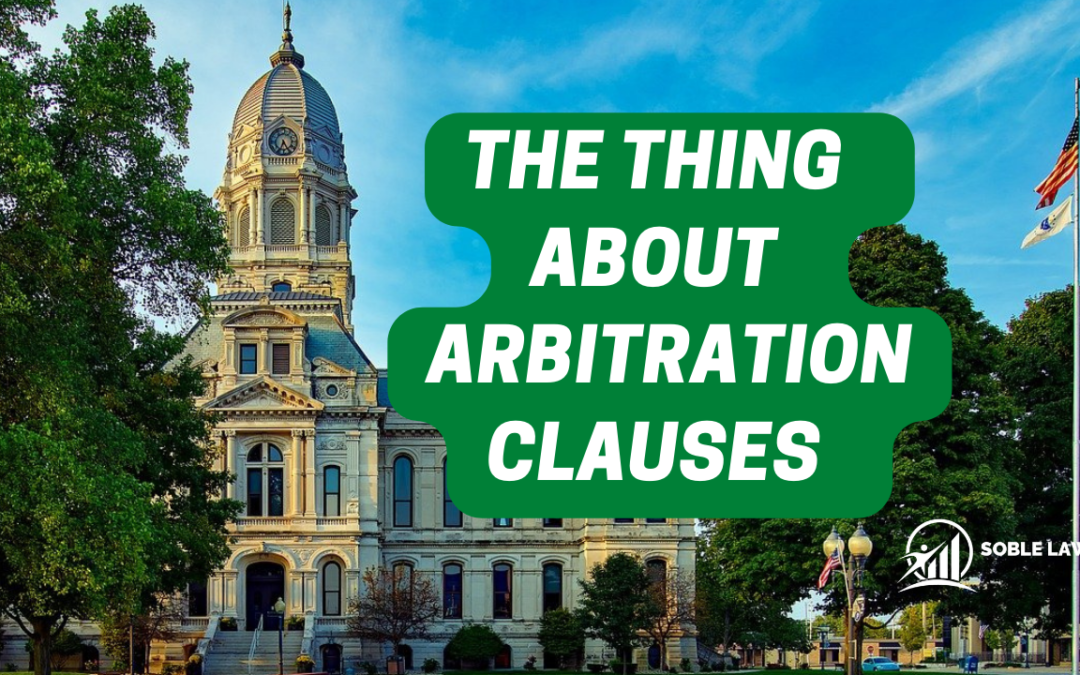5 Things for Debtors to Consider Once a Judgment is Filed Against Them
Recently, a $37 million default judgment against an Alabama restaurant owner was set aside by the Alabama Supreme Court. A default judgment is awarded when a defendant in a civil suit fails to answer a legal complaint in a timely fashion. In such cases, the court is unable to rule based upon the law or the facts of a case. Until the Alabama court found that the plaintiff had failed to properly notify the defendant of the lawsuit, there was little doubt that this Alabama defendant was sitting on pins and needles awaiting the outcome of this case.
Here are six things a consumer or business owner should consider in the event a default judgment is filed against them.
Have the Judgment Set Aside
Without extenuating circumstances, it can be very difficult for a judge to set aside a default judgment. Most courts are reluctant to enter a default judgment against a defendant without first ensuring the defendant had multiple opportunities to respond to a lawsuit.
Make Contact Before Collection Activities Start
In instances where a judgment debtor was unaware that a judgment had been taken against them, it’s best to file a request to set aside the judgment within a reasonable period from the date that they discovered the judgment. Time is not on a judgment debtor’s side.
Creditor’s Exam
The party with the judgment is called a judgment creditor, and the party that has the judgment filed against them is known as the judgment debtor. Once a judgment is taken, the judgment creditor can begin activities to collect on their judgment. This includes, but is not limited to taking a creditor’s exam to determine where any of the defendants assets are located, garnish or attach a debtor’s wages, bank accounts or even seize a debtor’s property. Before things become even more financially painful, debtors should contact the judgment creditor as soon as possible to work on a settlement or repayment plan. Be advised that when judgments are fresh, creditors may feel “emboldened” and are less inclined to negotiate favorable terms. But as time passes, the value of an uncollected judgment can diminish, and creditors tend to be more flexible with terms.
Impact on Credit Rating
Statistics show that not all judgment creditors actively pursue the debt owed to them once a judgment is obtained. I am aware of one bank that has stacks of judgments against borrowers that sit piled in a drawer. Still, even when a judgment creditor fails to actively pursue their judgment, the judgment alone can still impact a debtor’s daily finances. Judgments are reported to the credit reporting agencies and negatively affect credit scores. Having a judgment can increase the cost of borrowing or can be a reason for credit denial. An outstanding judgment can affect a job opportunity, since many employers equate having unpaid judgments with poor character. So while it may seem that one can just ignore a judgment, experienced creditors know it is only a matter of time before a significant money judgment can make things financially difficult for a debtor, so much so that a judgment debtor will feel compelled to resolve their collection matter.
Expiration Date
The right to collect the money on a judgment has an expiration date that depends upon the type of case that was initially brought, or where the judgment was obtained. This means that while a judgment debtor may not hear from a judgment creditor for years, the creditor still has rights to collect on their outstanding judgment balance with interest. If a judgment has aged and is set to expire, the creditor can still file an extension of the judgment with the court. For example, if a judgment is set to expire in 7 years, in the 7th year, a creditor can renew the judgment with the court for a term equal to the original judgment, or in this example, another 7 years. In these next 7 years, the creditor might take a more aggressive collection effort, especially if the debtor’s finances have improved since the time from when the original judgment was taken. So don’t wait. This writer feels its best to try and cut a deal with a judgment creditor when a debtor’s finances are still at their worst.
Consider Payment Options
More often than not, settling a judgment does not require a lump sum payment on the original judgment balance. True, judgment creditors are less likely to negotiate on fresh judgments, but their outlook tends to change with time. Contrary to common belief, debtors can offer to make payment arrangements on a filed judgment to avoid having their accounts or pay-checks garnished or property seized. Making payment arrangements means that there is a written agreement on how monthly or partial payments will be applied to the judgment balance before the first payment on a plan is made. An experienced legal practitioner can negotiate a plan and work on cutting post-judgment interest and fees. They can usually negotiate a better deal than the terms of the original judgment.
Bankruptcy
Some judgment debtors would rather file bankruptcy instead of paying on a judgment. But depending upon the nature and size of one’s debt and income, not all judgments can be liquidated through federal court. If a debtor makes a reasonable income, they may have to repay a portion of their judgment through a reorganization of their liabilities. In certain circumstances, a judgment can never be forgiven in bankruptcy. For instance, if the underlying judgment was part of a lawsuit that alleged fraud, then the debt is not forgivable. Also, if the judgment is for a defaulted student loan or certain IRS matters, these judgments cannot be discharged.
Filed Default Judgment
A filed default judgment means that at some point, both parties to a lawsuit have incurred substantial financial or emotional capital, or both. When considering the above-listed items, it’s best for judgment debtors to seek professional legal representation and develop a viable legal or economic strategy for addressing their judgment.
About the Author: Since 1990, attorney David Soble has represented thousands of consumers and businesses in their finance and real estate matters.
Disclaimer: You should not rely or act upon the contents of this article without seeking advice from your own attorney.
If you liked what you read, check out our related YouTube videos




















